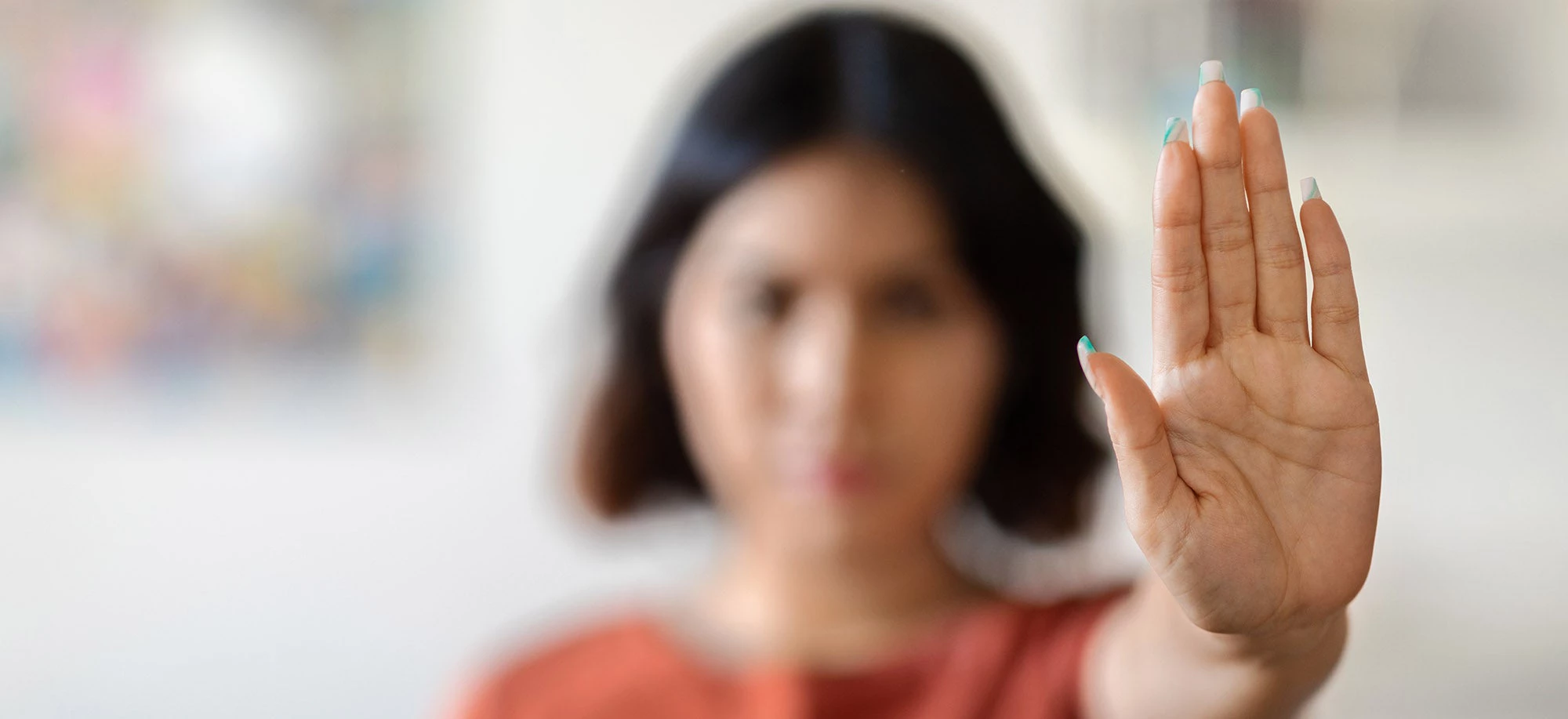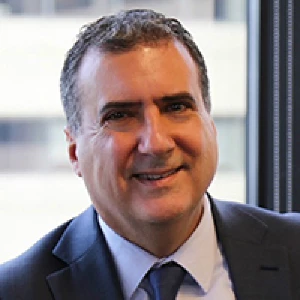 Addressing gender-based violence as a pathway for economic growth, inclusion, and prosperity in Türkiye
Addressing gender-based violence as a pathway for economic growth, inclusion, and prosperity in Türkiye
I have two daughters: Maite, who is 24 and lives in the UK, and Lia, who is 21 and is still a college student in the US. The opportunity I have had over the years to see these two women grow and participate in their successes and, admittedly, their occasional struggles has made me very sensitive to gender issues. And to one in particular, Gender-Based Violence (GBV).
Globally, GBV has been a shadow pandemic, often not reported due to social stigma and fear of backlash. According to the World Health Organization (WHO) an estimated 736 million women—almost one in three—have been subjected to physical and/or sexual intimate partner violence, non-partner sexual violence, or both at least once in their life. This led in 2000 to the designation by the United Nations General Assembly of November 25 (the day when in 1960 three Dominican sisters Patria, Minerva, and Maria Teresa Miraval, were assassinated) as the International Day for the Elimination of Violence against Women.
As a father, son, and husband, I empathize GBV can be devastating for the families of affected women and girls. As a World Bank Director and more generally, a development practitioner, I know that beyond that, gender-based violence is also a development issue as it has economic costs for countries in the form of loss in employment and productivity, direct costs of health care, the justice system, and social services . In fact, the global costs of GBV have been estimated to be US$1.5 trillion or approximately 2% of global GDP
But addressing GBV through investment in gender equality can generate positive multiplier effects for the economy: It helps expand women’s access to education, essential services, labor markets, and social capital. And let me add that this is not a general claim about the role of women in the economy: In the case of Türkiye, we have empirical evidence indicating that the increase in overall female employment played an important role in Türkiye’s economic growth in the past two decades.
The Government of Türkiye has taken several steps towards addressing GBV by enacting legislative reforms and preparing the fourth action plan of Combating Violence Against Women (2021-2025). It emphasizes the zero tolerance towards violence against women and highlights five goals to address GBV:
- improving access to justice and legislation,
- improving policy and coordination,
- strengthening protective and preventive services,
- increasing social awareness and sensitivity for the fight against violence, and
- collection of systematic, reliable, and comparable data.
These steps go in the right direction and that need to be recognized. But at the same time, there is still plenty of work to do, particularly because deep-rooted social norms embedded in some segments of the population may, at times, make progress more difficult. For this reason, and because investing in GBV prevention and response could accelerate the country’s inclusive economic growth, the World Bank has partnered with the Government of Türkiye to look at ways to further boost human capital and expand opportunities for vulnerable women and youth .
Moreover, with an existing portfolio of USD 13 billion, the World Bank is uniquely positioned to facilitate investments in robust GBV prevention and response activities through the health, education, and social sectors . For example, with the ongoing Social Entrepreneurship, Empowerment and Cohesion in Refugee and Host Communities Project (P171456), Türkiye is training community-level coaches and mentors to provide referrals to GBV services for survivors while strengthening women’s economic resilience through skills training and financing to women-led enterprises.
Or take the recently approved Türkiye Earthquake Recovery and Reconstruction Project (P180849); this operation will be used to invest in mobile units providing psycho-social support for GBV survivors in earthquake-affected areas. Likewise, the Post-Earthquake Micro, Small and Medium Enterprises (MSME) Recovery Project(P181068) (which was also approved in the aftermath of the February 6 earthquakes) is supporting women-led MSMEs impacted by the earthquakes with reimbursable financing and ensuring that at least 15 percent of recipients are women-owned or women-managed firms. Also, on the economic empowerment side, the Public and Municipal Buildings Renewable Energy Project (P179867) is reducing barriers to women accessing managerial positions due to gender-based discrimination in the workplace and supporting young female students to join as female engineers in the energy sector.
Addressing GBV issues is not only the right thing to do but also the smart thing to do for accelerating development.
This way, circling back to when I speak to my daughters, I can tell them what the World Bank is doing to support the GBV agenda in Türkiye and in the world.


Join the Conversation